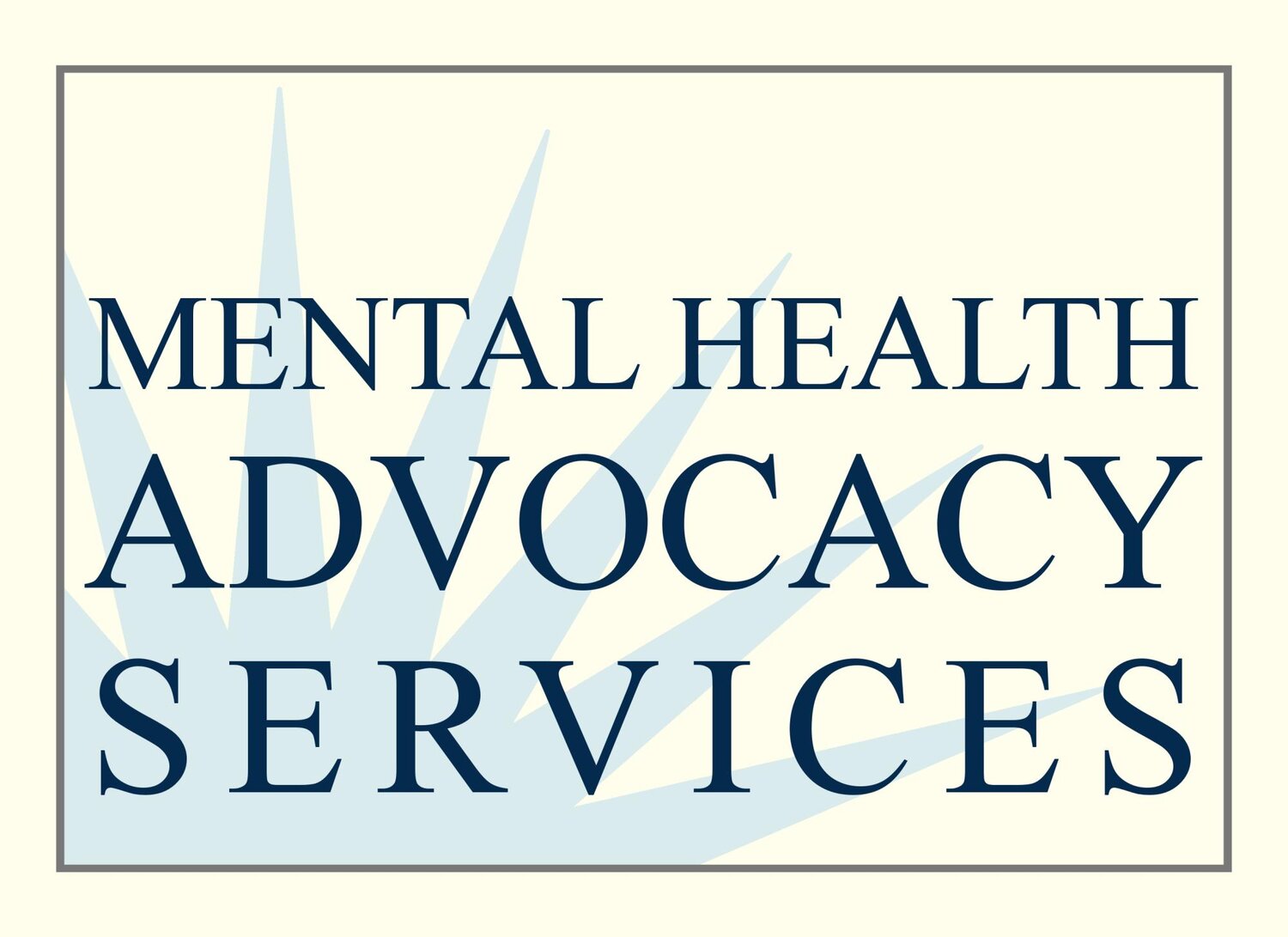BeHeLP and YouTube?
by Eliza SchaflerEliza Schafler is an MHAS Equal Justice Works Fellow sponsored by Greenberg Traurig, LLP.
This week at the on-site Highland Park clinic of our Behavioral Health-Legal Partnership (BeHeLP), I had the chance to do something pretty unusual with my client. Instead of simply explaining her legal options to her and listening to her questions, I opened my laptop, and we watched a YouTube video together.Out-of-the-ordinary? Yes. Useful to my client? Absolutely.This mother, like many mothers I work with, is a possible candidate for U Nonimmigrant Status, or the “U Visa” – a form of immigration relief for victims of domestic violence and other crimes. Yet like many of my clients, she was hesitant to pursue relief because of her (very reasonable) fear that exposing herself to government intervention would lead to deportation. We had discussed the U Visa several times in the past, and she was slowly beginning to understand the possible benefits, including stability for her family, including her children with mental health needs; access to health insurance for herself; and the ability to work legally and increase the household income. However, she had made appointments with me to begin the process several times, and then cancelled at the last minute.This time, instead of just talking, I showed her a YouTube video created by Immigration Center for Women and Children, an immigration legal services agency for low-income Los Angeles residents. The video stars a woman who, like my client, was initially scared to begin the U Visa process for fear of deportation. In Spanish, she explains what she had to do to obtain legal status, and how she learned to trust her attorney and overcome her fears.By the time the 7-minute video was done, my client had tears in her eyes. She was ready to begin.
